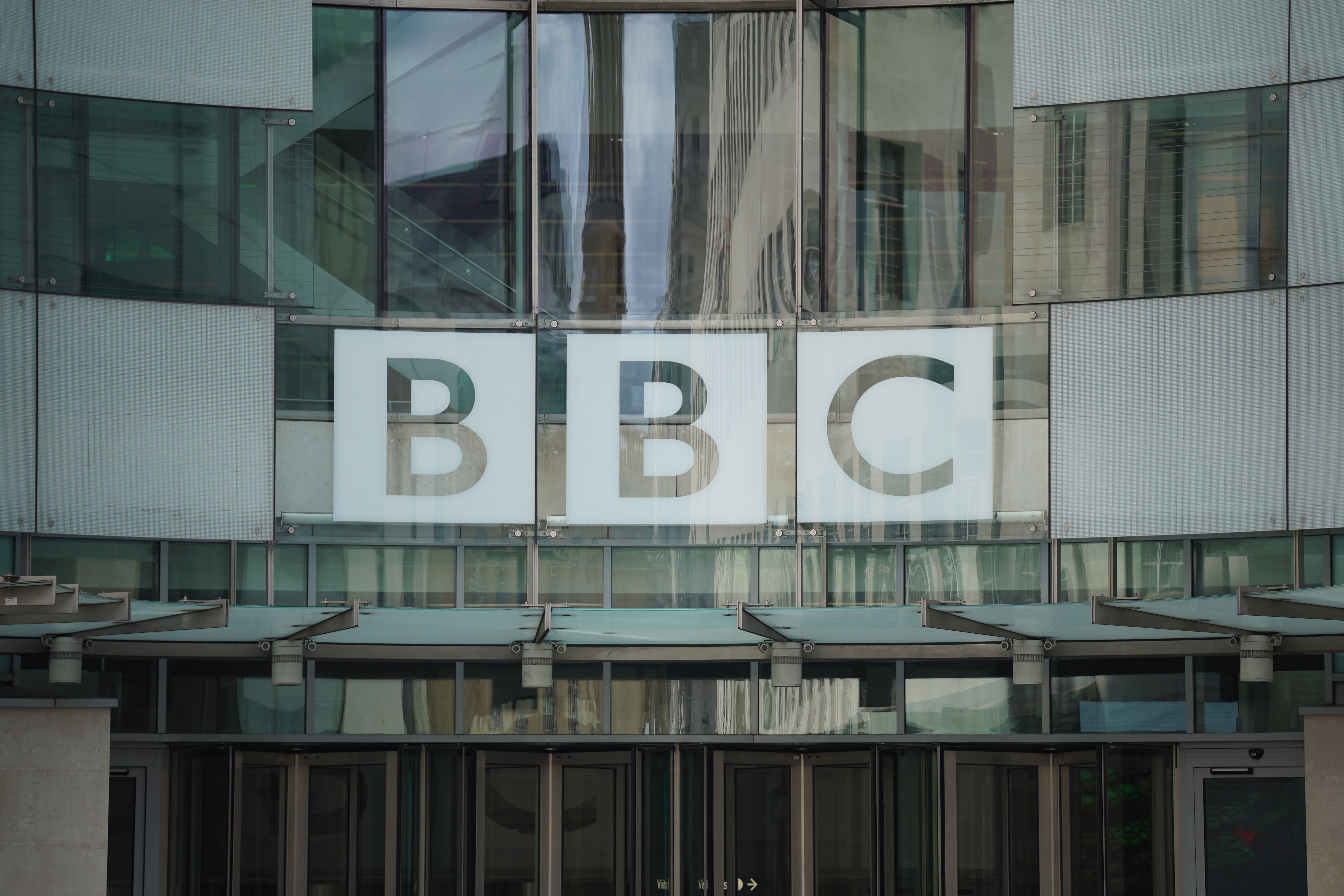Inquiry launched into BBC World Service funding
The service is chiefly funded by the UK licence fee.

An inquiry has been launched into the future funding of the BBC World Service.
The international broadcaster, owned and operated by the corporation, is predominantly funded by the UK licence fee but receives additional grant funding of £104.4 million from the Foreign, Commonwealth and Development Office (FCDO).
The House of Commons’ International Development Committee (IDC) has called for the inquiry, which will focus on the BBC’s influence as a soft power and look to establish whether increased Government support is needed.
Under the current support package, the BBC World Service has agreed not to close any language services, but this condition is set to be lifted in 2025.
We will need to discuss a long-term funding solution for the World Service that comes from central government budgets
The news service currently broadcasts in more than 40 languages in countries across Latin America, Asia, Africa, Europe and the Middle East.
Last month BBC director-general Tim Davie said the World Service is “uniquely valuable and globally important”.
Speaking at a Royal Television Society (RTS) event in London, Mr Davie added: “We cannot keep asking UK Licence Fee payers to invest in it when we face cuts to UK services.
“We will need to discuss a long-term funding solution for the World Service that comes from central government budgets. Even in the short term, we will need more help.
“Russia and China are investing hard, and not properly funding one of the UK’s most valuable soft power assets makes no sense economically or culturally”.
The BBC launched its World Service, then called Empire Service, on December 19 1932.
It provides services in English and other languages on TV, radio and digital platforms.
On April 1 2014, the BBC assumed responsibility for funding the World Service from the FCDO, then called the FCO, and since then the majority of its funding has come from the licence fee.
Written submissions need to be made to the committee by May 20.
A BBC spokesperson said: “The BBC World Service is a vitally important global asset that provides independent and impartial news to 318 million people around the world each week.
“However, the financial pressures on the BBC are holding the World Service back at a critical moment so we welcome the committee’s inquiry and look forward to contributing to the discussion.”
Bookmark popover
Removed from bookmarks